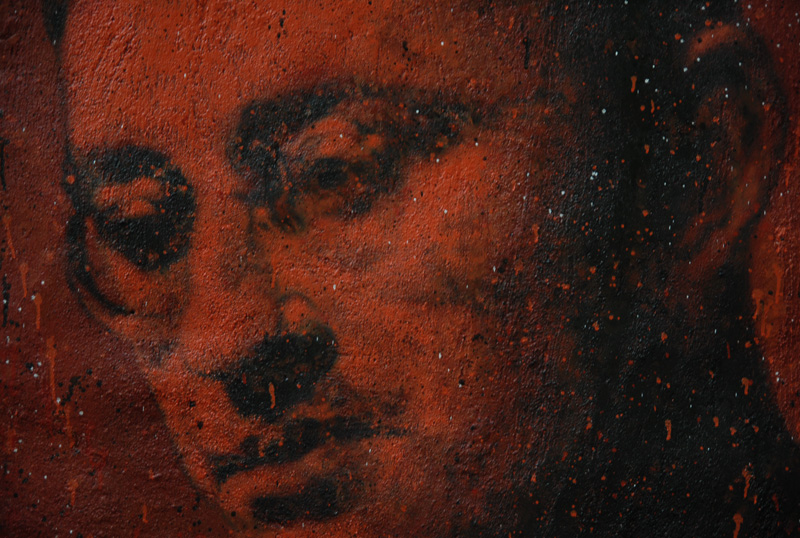Guy Debord: Citáty v angličtine
Comments on the Society of the Spectacle (1988)
“Quotations are useful in periods of ignorance or obscurantist beliefs.”
Vol. 1, pt. 1.
Panegyric (1989)
Zdroj: Society of the Spectacle
“Like lost children we live our unfinished adventures.”
Zdroj: The Society of the Spectacle
“The more powerful the class, the more it claims not to exist.”
Zdroj: The Society of the Spectacle
Zdroj: Society of the Spectacle (1967), Ch. 1, sct. 4.
Zdroj: The Society of the Spectacle
Zdroj: Society of the Spectacle (1967), Ch. 8, sct. 207 (confer Comte de Lautréamont, Poésies II, 1870).
Zdroj: Society of the Spectacle (1967), Ch. 7, sct. 168.
“Boredom is always counter-revolutionary. Always.”
The Bad Old Days Will End
The Incomplete Works of the Situationist International (Nov. 1963)
Our Immediate Tasks
Report on the Construction of Situations (1957)
Comments on the Society of the Spectacle (1988)
Comments on the Society of the Spectacle (1988)
About the Situationist International movement
Report on the Construction of Situations (1957)
Comments on the Society of the Spectacle (1988)
Zdroj: Comments on the Society of the Spectacle (1988), Ch. 10.
Comments on the Society of the Spectacle (1988)
Report on the Construction of Situations (1957)
Of Marshall McLuhan’s notion of the “global village.”
Zdroj: Comments on the Society of the Spectacle (1988), Ch. 12.
Our Immediate Tasks
Report on the Construction of Situations (1957)
About the Situationist International movement
Report on the Construction of Situations (1957)
